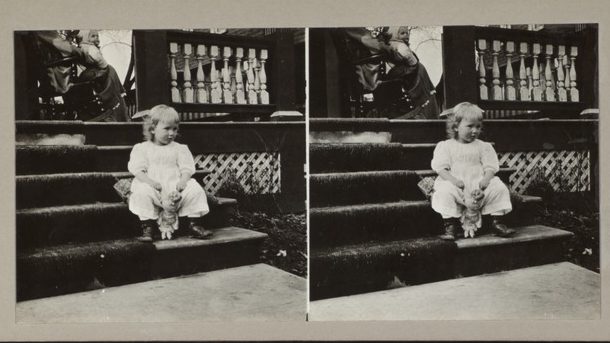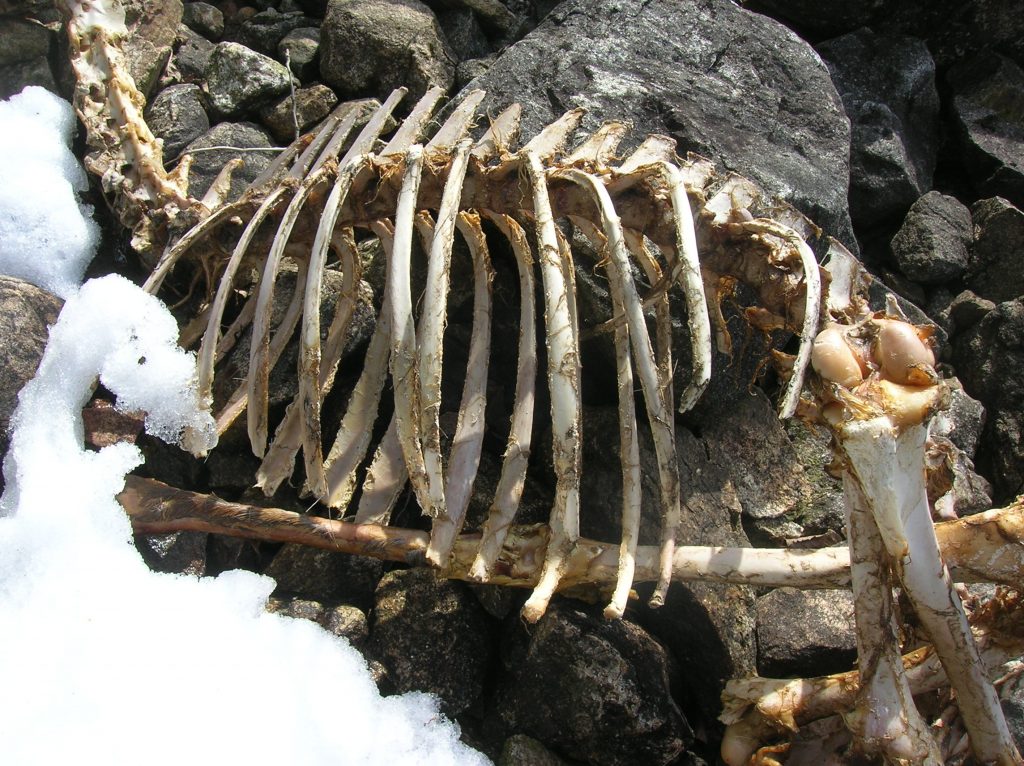Bronka Nowicka’s poems, “Tights” and “Stone,” translated from the Polish by Katarzyna Szuster, appear in the Michigan Quarterly Review’s Fall 2019 Europe issue.
Tights
It likes the taste of a knee. In the summer, it has mouthfuls straight from the skin, in the winter, through tights until its tongue is covered with cotton hairs. With its head planted on the knee, the child rearranges the things it knows in its head.
An ant ground between fingers smells of vinegar. A butterfly has powder, a mole has a tailcoat. You can roll filth down your skin. Old people smell like borsch. You have butter behind your fingernails where splinters can get in. There are hunch-backed people and crazy people but not dogs or birds. Sucking on a salty knee, the child knows: the only thing that separates you from the world is the skin. Thanks to skin, you’re not swallowed up by the vastness of things.
Stone
Neither chestnuts tossed in pockets nor stolen apples weigh on the child as much as sadness. The job of sadness is to come and be. Just that. The rest is up to you—if you embrace it, sadness will fatten like a snowball. It will stick to every thought.
It’s summer now. The child is standing in the garden in awe of the world, which leaves its open mouth like steam. Sadness is resting on the side. It’s not melting. Not even sweating.
The child knows, somehow it knows: nothing belongs to itself; neither a stripe on a bee’s bottom nor a hair on a hemp twine, nor a leaf that falls. They are part of everything. How can you see everything if all you see around are things and each wants to be known?
The child feels excitement. It starts in the head and moves down, between the legs. It tickles as if someone was using a feather. Down there. Now it knows: it wants everything. It also knows—it won’t reach it without learning each thing individually. The mill of hands and senses will never work through such enormity. Impossible. The ball of sadness feeds on the icy word “impossible.”
The child closes its mouth. It traipses home. On the way, it finds a stone.



